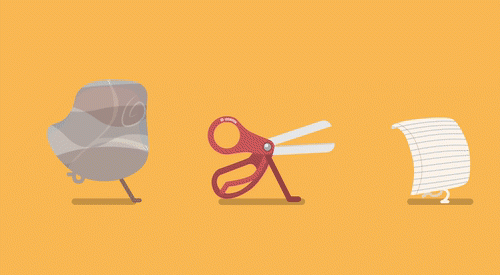Scissors cuts paper. Paper covers rock. Rock crushes.
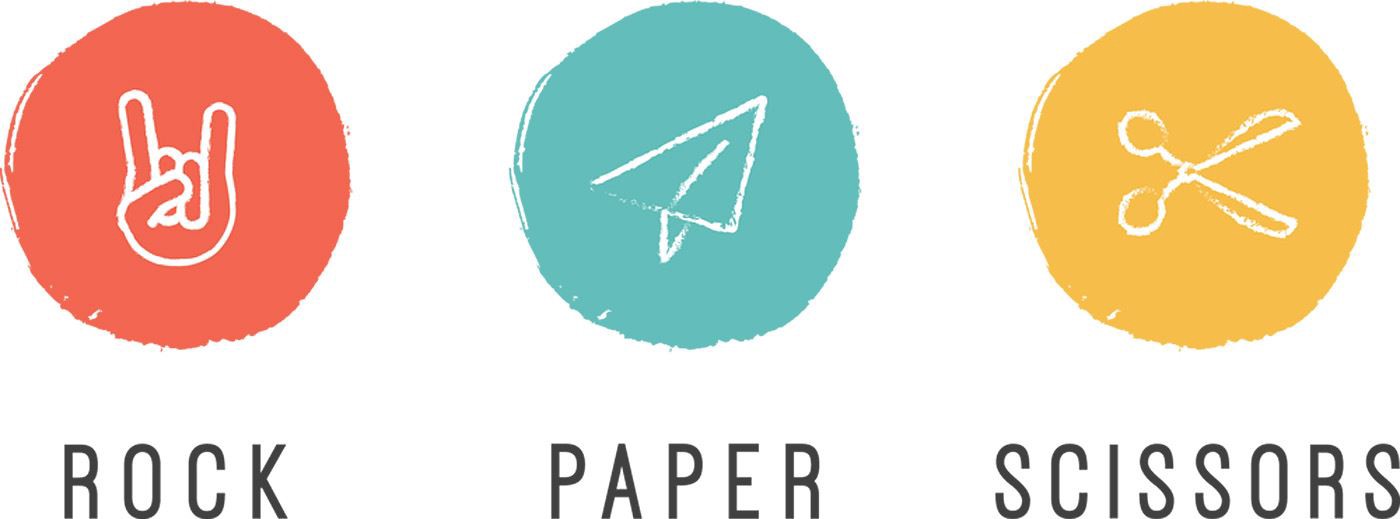
Rock, paper, scissors is an ancient game of cunning and chance, and when it comes right down to it, a silly, unwinnable two-player game. Or we can say it is a strategic system with a strong psychological foundation. But it is not a random game of chance. If you think it is a random game, that?s why you are not winning. Humans, however, are somewhat predictable. There are some probability and dirty psychology behind the game. That probability knowledge and dirty psychology turn out there are a few key strategies dominate at rock-paper-scissors and not to wash dishes tonight.
There are four possible outcomes:
- tie
- rock crushes scissors
- paper covers rock
- scissors cut paper.
Ok, it?s time to shake your hands three times before ?throwing.??Rock! Paper! Scissors!?
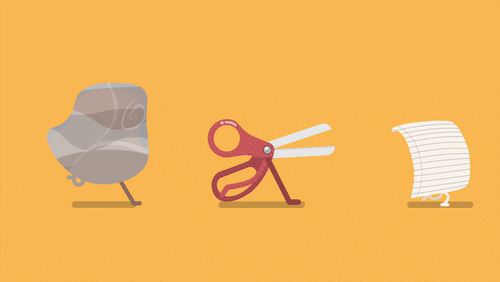
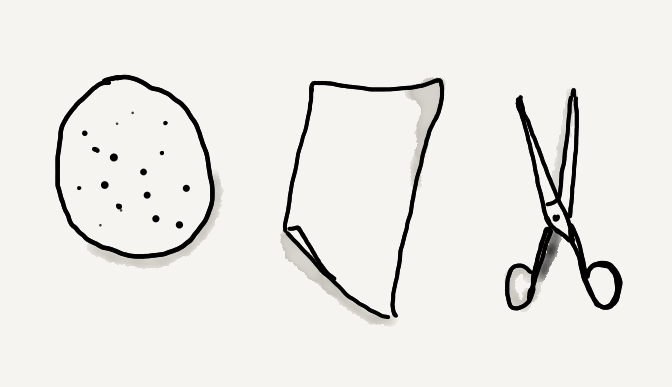
1- Know where to start
The game is mainly about predicting and reading your opponent. So what if you could predict their first hand? Research has shown that there is a slight preference for people to begin by playing rock. There are different theories about why. It could be because it is mentioned first in the name of the game, or it could be because the rock is similar to a fist that seems sturdy. So if we know that, it gives us an edge ? play paper. And also, if you?re playing against a guy throw paper first. Data shows that men often go with the manly rock on the first throw. So throw paper to a mass killing him.
2- If they lose, they?ll probably switch
Research shows that people who lose a hand tend to change. So there is a reasonable chance that our opponent will change to scissors or paper. That gives us our second edge ? play scissors, and we should either win or draw.
If you won the first row, congratulations, now switch it up, because losers most often will not stick with a losing throw. Losers usually throw in a predictable order.
Let?s assume you lost. Then, throw whatever would have beaten your opponent to the previous role. So if you just lost a paper, throw scissors next. Your foolish opponent will probably stick with a past winner and throw paper again. Because winners tend to stick with the same action that led to their success. We repeat what works.
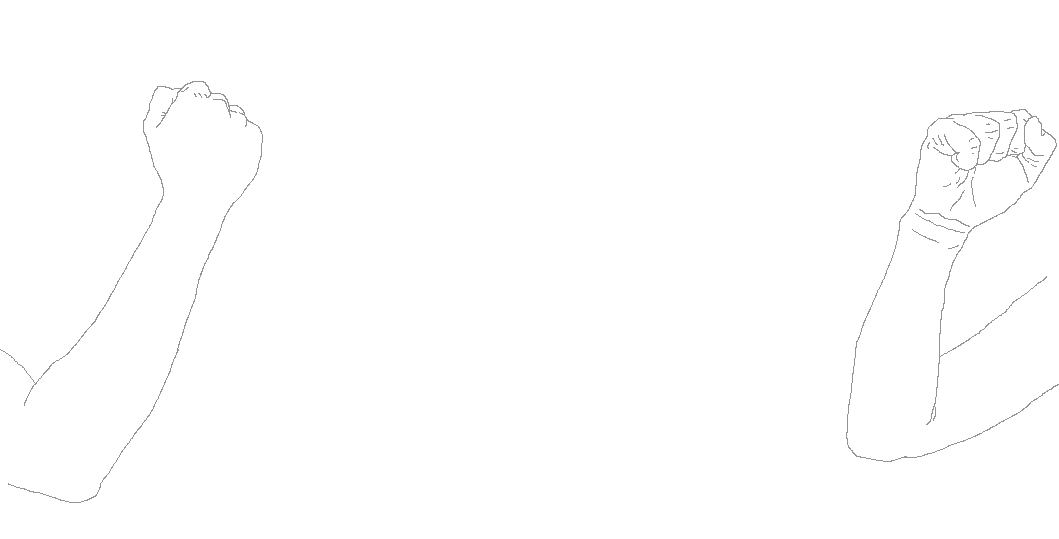
3- Don?t be predictable
If we lost the previous hand, then our opponent might reasonably expect us to switch to something else. That gives us our final edge ? surprise them by sticking with our last choice. Hopefully, they?ll switch, expecting us to switch, and it should improve our chances.But again, this isn?t an exact science. It may not go to plan, and your opponent can wins. Perhaps they know a bit of game strategy too. For instance, they may know this; if you played paper and lost and your opponent played rock, and they will think that you will play rock this time. So they?ll play paper next. So at this time, you should play scissors. In other words, when you win, go to the next action in the sequence. The sequence is R ? P ? S.The less predictable you are, the better chance you have of winning. Now go forth and demolish your opponents. But remember not to gloat instead hug them and tell them not to suck so bad next time.
